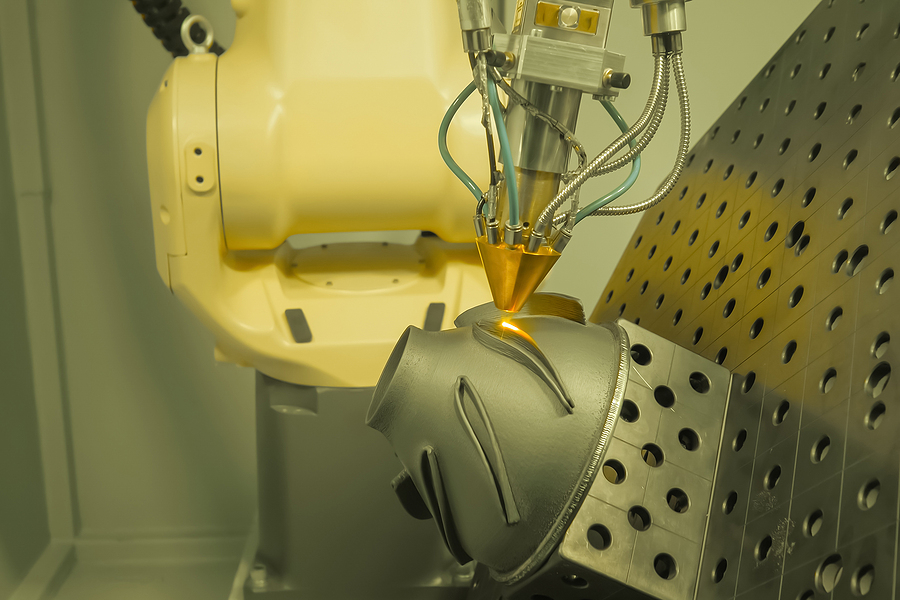Breaking: Pentagon Picks Innovators to Revolutionize Metal 3D Printing Technology

In a groundbreaking collaboration that promises to reshape aerospace innovation, RTX Technology Research Center and Honeywell Aerospace have emerged as leading teams in a cutting-edge technological development initiative. The partnership highlights the industry's commitment to pushing the boundaries of aerospace engineering and advanced technological solutions.
The winning teams, comprised of top-tier engineers and researchers from both organizations, have demonstrated exceptional creativity and technical expertise. Their joint efforts are set to introduce revolutionary advancements that could potentially transform aerospace technology and propulsion systems.
By combining RTX's extensive research capabilities with Honeywell's long-standing aerospace engineering prowess, the collaboration represents a strategic approach to solving complex technological challenges. The teams have showcased remarkable synergy in developing innovative solutions that address critical industry needs.
Industry experts are praising the collaborative effort as a significant milestone in aerospace research and development. The project not only underscores the importance of cross-organizational partnerships but also signals a promising future for technological innovation in the aerospace sector.
As the teams continue to refine their groundbreaking work, the industry watches with anticipation, recognizing that this collaboration could potentially set new standards for aerospace technology and engineering excellence.

